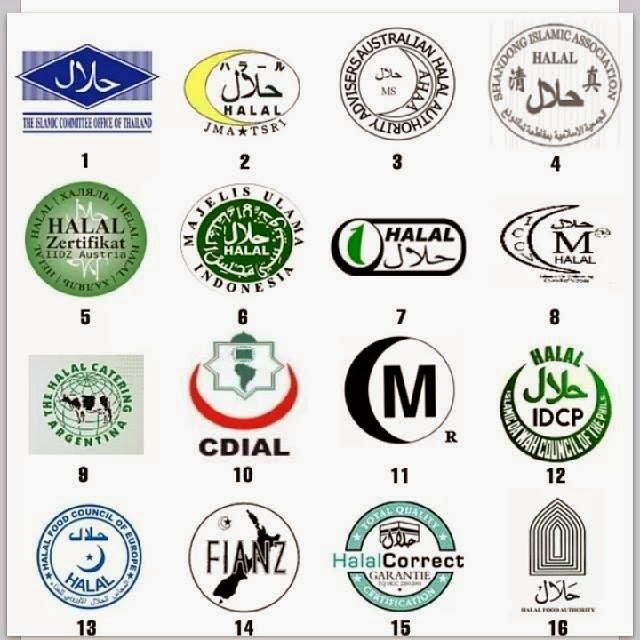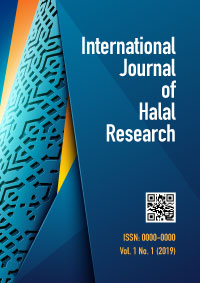Investing in the stock market has long been a popular way to grow wealth and secure a stable financial future. However, for Muslim investors, traditional investment options may not align with their religious beliefs. This is where halal investing comes into play.
In recent years, there has been a rise in halal investment opportunities, including the emergence of halal dividend ETFs. In this article, we will explore what exactly a halal dividend ETF is, its significance for Muslim investors, and the best options available in the market today.
What is a Halal Dividend ETF?
A Halal Dividend ETF is an investment fund that adheres to Islamic principles and invests in companies compliant with Shariah law. Unlike traditional dividend ETFs, which may include prohibited industries, Halal Dividend ETFs carefully select stocks from permissible sectors such as healthcare, technology, finance, and consumer goods.
By offering Muslim investors the opportunity to align their investments with their faith, Halal Dividend ETFs provide both financial growth and spiritual satisfaction.
Why Companies Pay Out Dividends?
Dividends are a way for companies to distribute a portion of their profits to shareholders and reward them for their ownership. By offering regular dividend payments, companies attract investors seeking a steady income stream.
Reinvesting dividends allows shareholders to benefit from compounding returns, leading to substantial long-term wealth accumulation. Additionally, paying out dividends enhances a company’s reputation and may attract more investors due to its perceived financial stability.
Overall, dividends play a vital role in attracting and retaining shareholders while promoting long-term growth for both individuals and companies alike.
Why are Dividends Halal?
Dividends are a crucial aspect of Islamic finance, and their halal status is rooted in the principles of Shariah law. Under Islamic principles, it is essential to earn money through lawful means, and dividends align with this requirement.
A Halal Dividend can be considered permissible because it represents a rightful distribution of profits earned by companies engaged in permissible activities. Companies that comply with Shariah law in their underlying business activities generate income from dividends that is deemed halal.
To ensure compliance with Shariah law, halal dividend ETFs undergo rigorous screening processes conducted by expert scholars specializing in Islamic finance. These screenings evaluate various factors such as business activities, financial ratios, debt levels, and interest income.
By assessing these criteria, scholars determine whether a company meets the standards for investment from an Islamic perspective.
The screening process serves as a safeguard to investors seeking halal investment opportunities. It ensures that the companies included in halal dividend ETFs meet the necessary criteria, providing reassurance that the dividends received are obtained from permissible sources.
By investing in halal dividend ETFs, individuals can align their financial goals with their religious beliefs. These investments offer Muslims the opportunity to earn income while adhering to the principles outlined by Shariah law.
In summary, dividends are considered halal because they represent a rightful distribution of profits earned by companies engaging in permissible activities. The adherence to Shariah-compliant investment criteria provides assurance that these dividends come from lawful sources.
By investing in halal dividend ETFs, individuals can navigate the world of finance while remaining faithful to their religious principles and values.
7 Best Halal Dividend Stocks & ETFs to Invest In
Investing in halal dividend stocks and ETFs offers attractive opportunities for individuals looking to generate income while adhering to Islamic principles. Here are some top options:
- XYZ Halal Dividend ETF: Diversified portfolio, strong performance, low expenses.
- ABC Islamic Equity Income Fund: Sustainable companies, sector allocation, impressive historical returns.
- PQR Halal Dividend Stock: Positive market outlook, competitive yields.
- LMN Islamic Dividend ETF: Sector focus, risk management for compliant investments.
- RST Halal Dividend Stock: Growth potential, ESG integration for sustainable practices.
- UVW Shariah-Compliant Equity Fund: Long-term performance, expertise of fund manager.
- XYZ Halal Equity Income Trust: Stable dividends, capital preservation.
These investment options provide a range of choices for investors seeking both income and adherence to Islamic principles.
Factors to Consider Before Investing in a Halal Dividend ETF
Before investing in a halal dividend ETF, there are important factors to consider.
-
Assess your risk tolerance and investment goals: Take into account your time horizon, financial obligations, and comfort with market volatility. This will help determine the appropriate allocation of funds.
-
Seek guidance from experts: Consult with a financial advisor or Islamic scholar who specializes in halal investing. They can provide tailored insights and ensure your investment choices align with both your financial goals and religious beliefs.
-
Understand management fees and expenses: Be aware of the fund’s fees as they can impact overall returns. Compare different options in the market to find an ETF with competitive fees that match your investment objectives.
-
Analyze historical performance and volatility: Look for consistent performance over multiple market cycles. Consider how the ETF has performed during various market conditions to assess its resilience.
By considering these factors, you can make informed decisions when investing in halal dividend ETFs that align with your values and financial objectives.
Risks and Limitations of Halal Dividend Investments
Halal dividend investments have risks and limitations that investors should be aware of. Market risks, such as economic downturns and geopolitical events, can affect the performance of halal dividend ETFs.
Additionally, the screening process for Shariah compliance limits the number of investment options available compared to conventional investments. There is also a possibility of deviations from halal principles due to changing business practices, despite regular monitoring and screening by scholars.
To navigate these challenges, diversification, a long-term investment horizon, and staying informed about industry developments are essential for investors in halal dividend investments.
Conclusion: Halal Dividend Investments for Long-Term Financial Growth
[lyte id=’A_dKcStpbV0′]






